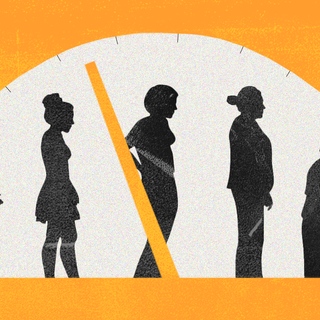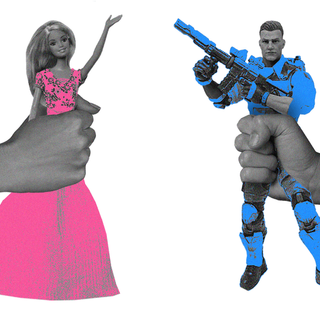António Guterres, the United Nations’ Secretary-General, discouraged fresh university graduates from working with “climate wreckers” — referring to “companies that drive the extraction of fossil fuels.”
Addressing thousands of graduates at Seton Hall University in New Jersey last week, Guterres said, “You hold the cards. Your talent is in demand from multinational companies and big financial institutions. You will have plenty of opportunities to choose from. My message to you is simple: don’t work for climate wreckers. Use your talents to drive us towards a renewable future… You must be the generation that succeeds in addressing the planetary emergency of climate change,” he added.
The messaging might have held practical value in an ideal world. But the fact remains that we live in a world that’s far from ideal. And so, Guterres’ statement presents an illusion of choice that doesn’t quite exist — for fresh young graduates who have to make rent while simultaneously paying off education loans, there’s very little choice to be exercised if they want to sustain themselves and survive.
As one individual on social media rather sarcastically commented, “Yeah, I’m just stuck between choosing from all the jobs! No, I’ll be able to shorten that list for sure! So much choice these days!”
Further, it is also inequitable and unfair to put the onus of cleaning up past messes and fixing the planet on younger generations. Last April, in fact, Germany’s highest court had ordered the country’s government to amend its existing climate change laws and stop putting off effective climate protection — so that future generations aren’t burdened with tackling the crisis.
Related on The Swaddle:
How Modern Progress Defined by Speed,Efficiency IsKilling the Planet — And Us
Moreover, it also seems like a way to pass blame — effectively letting “climate wreckers” themselves off the hook, in the process. This is brought into sharp focus by a 2017 study that continues to resonate: it showed that 71% of the world’s emissions are produced by just 100 companies globally.
“While individuals may have a role to play, appealing to individual virtues for addressing climate change is something akin to victim-blaming because it shifts the burden from those who ought to act to those who are most likely to be affected by climate change. A far more just and effective approach would be to hold those who are responsible for climate change accountable for their actions,” as Morten Fibieger Byskov, a postdoctoral researcher in international politics at the University of Warwick, had written in The Conversation in 2019.
Guterres said, “[W]e know investing in fossil fuels is a dead end — no amount of greenwashing or spin can change that. So we must put them on notice: accountability is coming for those who liquidate our future.” But making young individuals — with not nearly as much privilege and bargaining power as large corporations — the key to securing such accountability seems rather obtuse.
Instead, as Byskov argued, the onus should be on industries themselves — as well as governments, especially those of richer, more polluting countries — to find ways to limit global warming. If the goal is to compel “climate wreckers” to, well, stop wrecking the climate, perhaps, governments — arguably entities that are a million times more powerful than individuals — can enact laws forcing them to stay within permissible limits through deterrents.
As Byskov wrote, “Asking individuals to bear the burden of global warming shifts the responsibilities from those who are meant to protect to those who are meant to be protected. We need to hold governments to their responsibilities first and foremost.”




